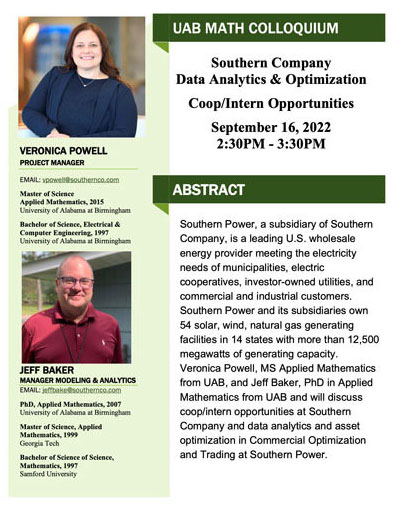Colloquium
Protective Life - Challenges and Opportunities in an Actuarial Science Career
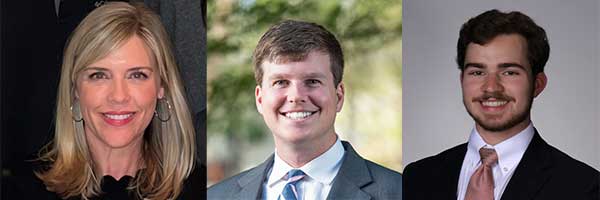
When
October 27th, 2023 | 2:30 p.m. – 3:30 p.m.
Refreshments provided
Where
University Hall 4002
Speakers
Leigh Bern, Hunter Ross & Benjamin Yarboro
Abstract
Actuaries spearhead several key business activities in the world of insurance. In this presentation, we will discuss traditional and non-traditional roles that actuaries undertake along with the types of business problems commonly faced in those positions. Additionally, we will address headwinds and tailwinds affecting both the insurance industry in general as well as Protective specifically. Lastly, we will talk about the steps to become an actuary, given the rigorous credentialing process.
Bounded weak solutions to degenerate elliptic PDE with data in Orlicz spaces
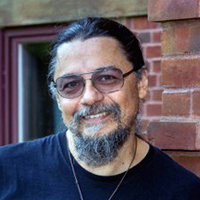
When
October 20, 2023 | 2:30 p.m. – 3:30 p.m.
Refreshments provided
Where
University Hall 4002
Speaker
David Cruz-Uribe, University of Alabama
Abstract
In the study of the regularity of elliptic PDEs, a crucial step is a classical result due to Trudinger (among others): if the initial data is in a sufficiently good space (that is, in $L^p$ for $p$ sufficiently large), then the solution is bounded. This result has been generalized in various directions, including to degenerate (that is, not uniformly elliptic) partial differential equations. As part of a long term project with Scott Rodney at Cape Breton University to systematically study degenerate equations, we have proved a generalization of Trudinger’s result that holds for a very broad class of degenerate elliptic PDEs. We will discuss the formulation and proof of this result, and give its connection to our larger project.
Using ionizing radiation to non-invasively modulate neural activity

When
September 15, 2023 | 2:30 p.m. – 3:30 p.m.
Refreshments to follow
Where
University Hall 4002
Speaker
Mark Bolding, PH.D. UAB Medical School
Abstract
This talk investigates the potential of dTRPA1 as a candidate receptor for a groundbreaking optogenetic approach using X-rays instead of traditional visible light. By examining the unique properties of dTRPA1, we explore its suitability for mediating cellular responses to X-ray stimulation. The utilization of X-rays in optogenetics opens up new avenues for noninvasive and precise manipulation of targeted cells and neural circuits. The findings presented here shed light on the feasibility of this innovative optogenetic method and its implications for advancing the field of neurobiology.
Degenerate Diffusion and Interface Motion of Single Layer and Bilayer Structures
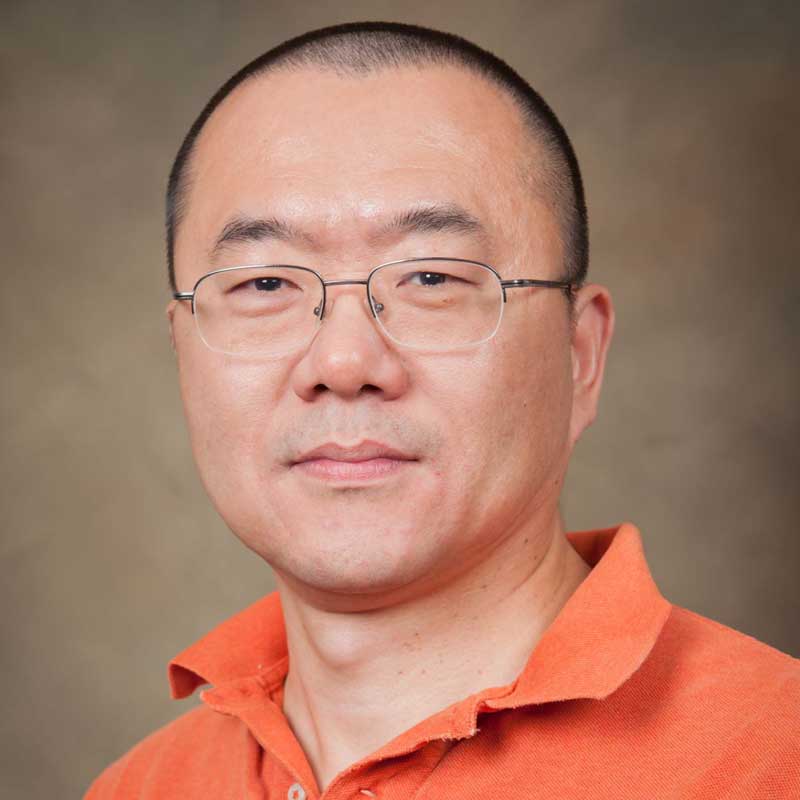
When
September 8, 2023 | 2:30 p.m. – 3:30 p.m.
Refreshments to follow
Where
University Hall 4002
Speaker
Shibin Dai, University of Alabama
Abstract
Degenerate diffusion plays an important role in the interface motion of complex structures. The degenerate Cahn-Hilliard equation is a widely used model for single layer structures. It has been commonly believed that degenerate diffusion eliminates diffusion in the bulk phases and results in surface diffusion only. We will show that due to the curvature effect there is porous medium diffusion in the bulk phases, and the geometric evolution of single layer structures is mediated by the porous medium diffusion process. We will also discuss the existence of weak solutions for the degenerate CH equation. For bilayer structures the Functionalized Cahn-Hilliard (FCH) equation is a new model that has been extensively studied in recent years. We will discuss the existence and nonnegativity of weak solutions for the degenerate FCH equation, and the corresponding interface motions.
A mathematician, a statistician, and an accountant apply for a bank job
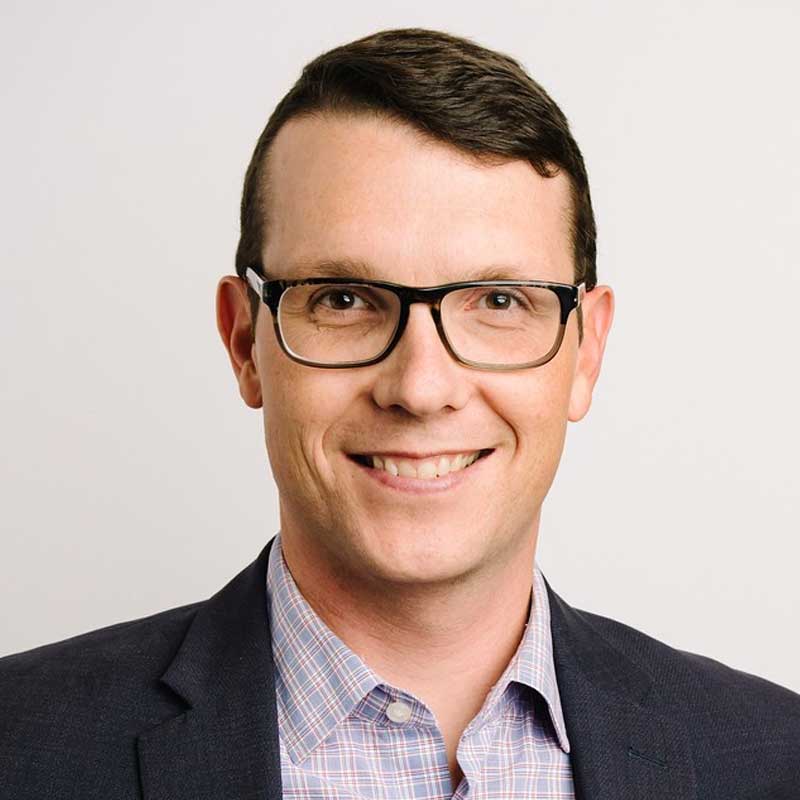
When
April 21, 2023 | 4:00 p.m. - 5:00 p.m.
Refreshments at 3:00 in Lobby
Where
University Hall 1005
Speaker
Matt Bledsoe, UAB First Horizon Bank & math PH.D. Alum
Abstract
The Great Financial Crisis of 2008-2009 and the subsequent legal and regulatory reactions to it have increased opportunities for math students to make a career in banking. Coming out of the Crisis, commercial banks (all the way from global banks like JP Morgan and Bank of America down to small regional banks like Cadence or Renasant) were required to forecast how their financial positions would be affected by a future, hypothetical crisis. This requirement dramatically increased banks' needs for folks with education in quantitative fields. In the last 15 or so years, banks have expanded their use of quantitative models and increased their hiring of people capable of developing, implementing, explaining, defending, and communicating them. In this talk I will describe what it's like for a math student to work in banking through the lens of my experience over the last 10 years; summarize the types of problems that models are used to solve across the many departments in a typical bank; the skills that required; and, some of the challenges and opportunities that come with this career path.
Bounds on the Entanglement entropy of droplet states in the XXZ model
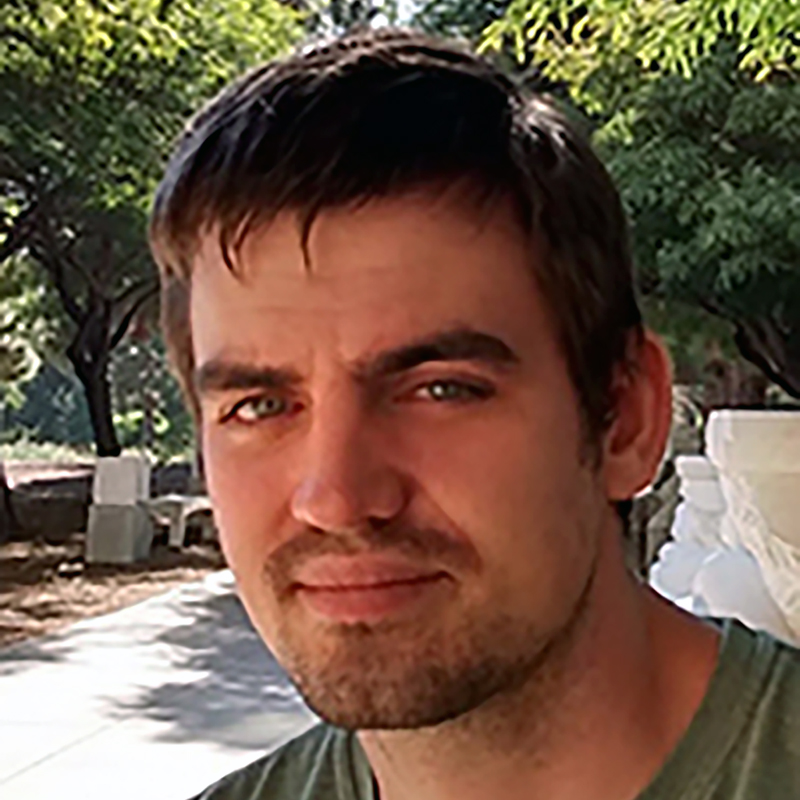
When
March 22, 2023 | 2:30 p.m. - 3:30 p.m.
Refreshments at 2:00 in UH 4004
Where
University Hall 4004
Speaker
Christoph Fishbacher, Baylor University
Abstract
In this talk, I will give an overview over recent results on the entanglement entropy of the one-dimensional Heisenberg XXZ model. For the spin-1/2 case, Beaud and Warzel showed that generic low-energy states satisfy a logarithmically corrected area law. I will talk about the extension of this result to higher-energy states (joint work with H. Abdul-Rahman and G. Stolz) and about a logarithmic lower bound (joint work with R. Schulte).
Frustration in the packing of soft materials
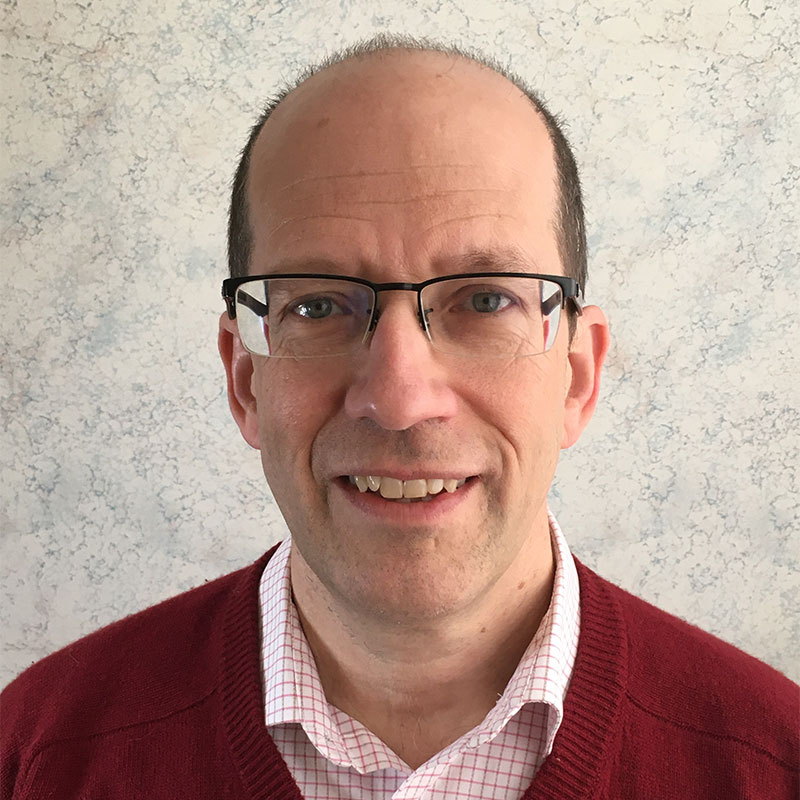
When
March 20, 2023 | 3:30 p.m. - 4:30 p.m.
Refreshments at 3:00 in Lobby
Where
University Hall 1005
Speaker
Keith Promislow, Michigain State
Abstract
Many processes in material science involve entropic contributions from packing-the constraints imposed by volume occupied by other material. Diblock polymers offer a rich environment to study the packing of soft materials as gradient flows of a system energy. Ideas from $\Gamma$ convergence provide powerful tools to extract simplified models in certain singular limits. We present examples of packing dichotomies in both continuous and discrete formulations and identify cases in which limiting problems may be more complex. We present a derivation of a random phase reduction of self-consistent mean field models, identify regimes in which they converge to functionalized Cahn-Hilliard energy, and provide a discrete system for the packing of soft balls that exhibits large-system frustration: the inability of gradient flows to obtain the global energy minimum, that significantly complicates the extraction of limiting processes.
Combining networks and mathematical models to improve epidemiological predictions
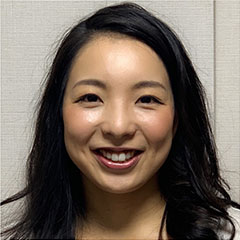
When
February 15, 2023 | 3:30 p.m. - 4:30 p.m.
Refreshments at 3:00 in Lobby
Where
University Hall 1005
Speaker
Nao Yamamoto
Abstract
Mathematical models have played a prominent role in predicting, assessing, and controlling potential outbreaks in the current coronavirus disease 2019 (COVID-19) pandemic. Many modeling studies using statistics or differential equations have been proposed to analyze the COVID-19 dynamics. Network analysis and cluster analysis have also been adapted along with these methods to understand the dynamics of disease transmission in more detail and from multiple perspectives. The decision of which method to choose should be based on the principle of simplicity and the ability of the model to answer the question of interest. In some cases, new observations, new types of data, or new technologies may require modifications to the model. My research aims to improve epidemiological predictions by combining network science and various mathematical/statistical methods.
Membrane Mechanics Meet Minimal Manifolds
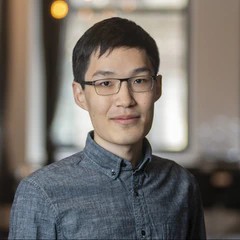
When
February 13, 2023 | 3:30 p.m. - 4:30 p.m.
Refreshments at 3:00 in Lobby
Where
University Hall 1005
Speaker
Leroy Jia
Abstract
A time-honored problem in mathematical physics is to show that an area-minimizing fluid interface such as a soap film forms a special surface whose mean curvature vanishes. In the axisymmetric setting, this surface is called a catenoid. We recap Euler's original solution to the catenoid problem and then proceed to discuss a generalization of this problem where the fluid interface is replaced by a membrane with a bending stiffness. The shapes that such a membrane can make, which are critical surfaces of an energy called the Willmore functional, are intimately related to the catenoid and also to the shapes of a compressed rod (i.e., the elastica) in a precise mathematical way that informs us about their mechanics.
Computing Nonlinear Waves in Bose-Einstein Condensates and Beyond: Adventures in Applied Mathematics
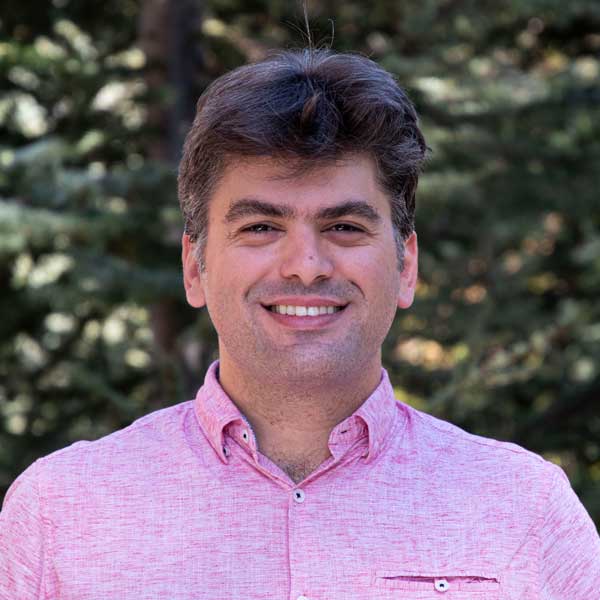
When
February 17, 2023 | 3:30 p.m. - 4:30 p.m.
Refreshments at 3:00 in Lobby
Where
University Hall 1005
Speaker
Stathis Charalampidis
Abstract
A Bose-Einstein Condensate (BEC) is a state of matter formed by a collection of bosons that are cooled to temperatures close to absolute zero. On the theoretical side, BECs can be described by a nonlinear PDE known as the NLS equation. In this talk, a mathematical and computational analysis of the NLS equation will be presented using Newton’s method for nonlinear systems together with penalty methods. We have developed the Deflated Continuation Method (DCM) to trace disconnected branches of solutions by factoring out previously computed ones. Finally, the study of nonlinear waves will be extended to various physical systems, including water waves and meta-materials which have a plethora of engineering and industrial applications.
Deep Learning Meets Optimal Control and Dynamical Systems: A Mathematical Approach
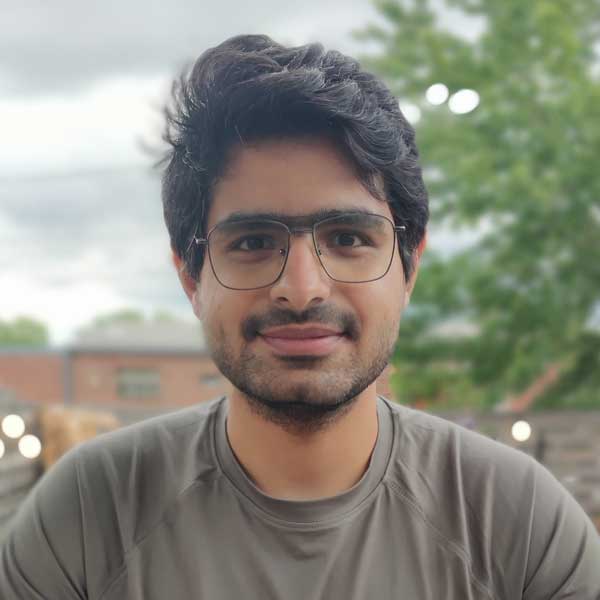
When
February 6, 2023 | 3:30 p.m. - 4:30 p.m.
Refreshments at 3:00 in Lobby
Where
University Hall 1005
Speaker
Deepanshu Verma
Abstract
Deep neural networks, or DNNs, have become a popular tool in various fields due to their universal approximation properties. This talk delves into the intricacies of designing efficient DNN algorithms and architectures, as well as exploring their use in solving optimal control problems. DNN architectures are known to be difficult to design and train, often resulting in challenges such as the exploding or vanishing gradients issue. These networks also exhibit a large number of equivalent optimal solutions in the parameter space. A neural network architecture designed using fractional derivatives will be introduced to tackle the former challenge. Additionally, the notion of bias ordering, with theoretical guarantees, will be introduced to narrow down the parameter search space. The second half of the talk will focus on the applications of DNNs in high-dimensional optimal control problems. Traditional methods for solving these problems often suffer from the Curse-of-Dimensionality, where computational complexity increases exponentially with the dimension of the problem. Utilizing DNNs to approximate the value function of control problems can effectively tackle this issue. One of the key challenges in training is discovering the relevant parts of the state space. To address this, techniques from control theory will be employed to devise a self-supervised training algorithm. Several numerical experiments, including applications to PDE constrained optimization, will be presented.
Novel Data-driven Techniques in Reduced-Order Modeling of Fluid Flows
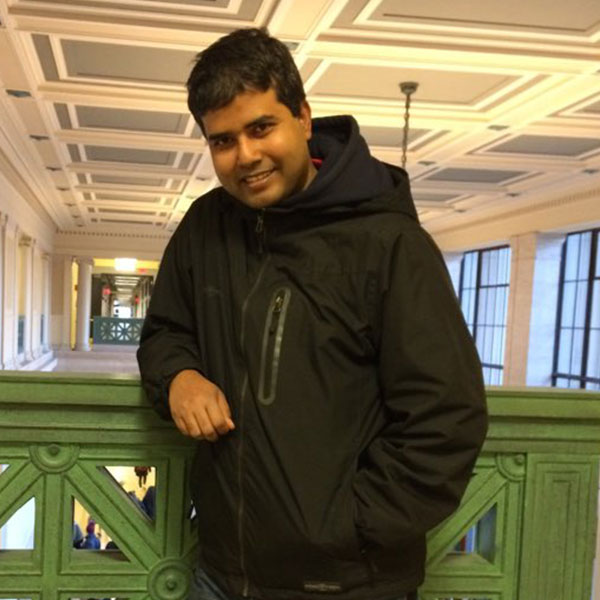
When
February 3, 2023 | 3:30 p.m. - 4:30 p.m.
Refreshments at 3:00 in Lobby
Where
University Hall 1005
Speaker
Dr. Muhammad Mohebujjaman
Abstract
In this talk, we present a data-driven filtered reduced order model (DDF-ROM) framework for the numerical simulation of fluid flows. The novel DDF-ROM framework consists of two steps: (i) In the first step, we use ROM projection to filter the nonlinear PDE and construct a filtered ROM. This filtered ROM is low-dimensional but is not closed. (ii) In the second step, we use data-driven modeling to close the filtered ROM, i.e., to model the interaction between the resolved and unresolved modes. At the end, we enforce physical constraints in the data-driven modeling of the ROM closure term. The constrained data-driven ROM is significantly more accurate than its unconstrained counterpart. Finally, we present a novel high-order ROM differential filter and use it in conjunction with an evolve-filter-relax algorithm to attenuate the numerical oscillations of standard ROMs. We also examine how stochastic collocation methods can be combined with the EFR algorithm for efficient UQ of fluid flows.
Uniqueness and L2 stability of compressible Euler equations

When
December 2, 2022 | 2:30 p.m. - 3:30 p.m.
Refreshments to follow
Where
University Hall 4002
Speaker
Geng Chen
Abstract
Compressible Euler equations are a typical system of hyperbolic conservation laws, whose solution forms shock waves in general. It is well known that global BV solutions of system of hyperbolic conservation laws exist, when one considers small BV initial data. In this talk, we will present our recent proof on uniqueness of BV solution. This is a joint work with Sam Krupa and Alexis Vasseur.
How much further is it? A stroll through metric and length space

When
November 16, 2022 | 2:30 p.m. - 3:30 p.m.
Refreshments to follow
Where
University Hall 4002
Speaker
Peter Stollmann
Abstract
We review a simple dual characterization of length spaces, metric spaces in which points can be joined by a fairly short path.
On a conjecture by Erdoes, Pollack and Tuza
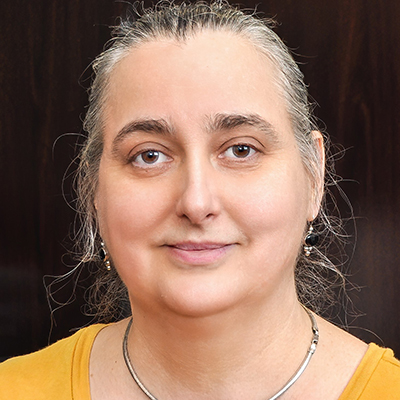
When
October 21, 2022 | 2:30 p.m. - 3:30 p.m.
Refreshments to follow
Where
University Hall 4002
Speaker
Eva Czabarka
Abstract
The Krein Extension: Basics and some concrete applications
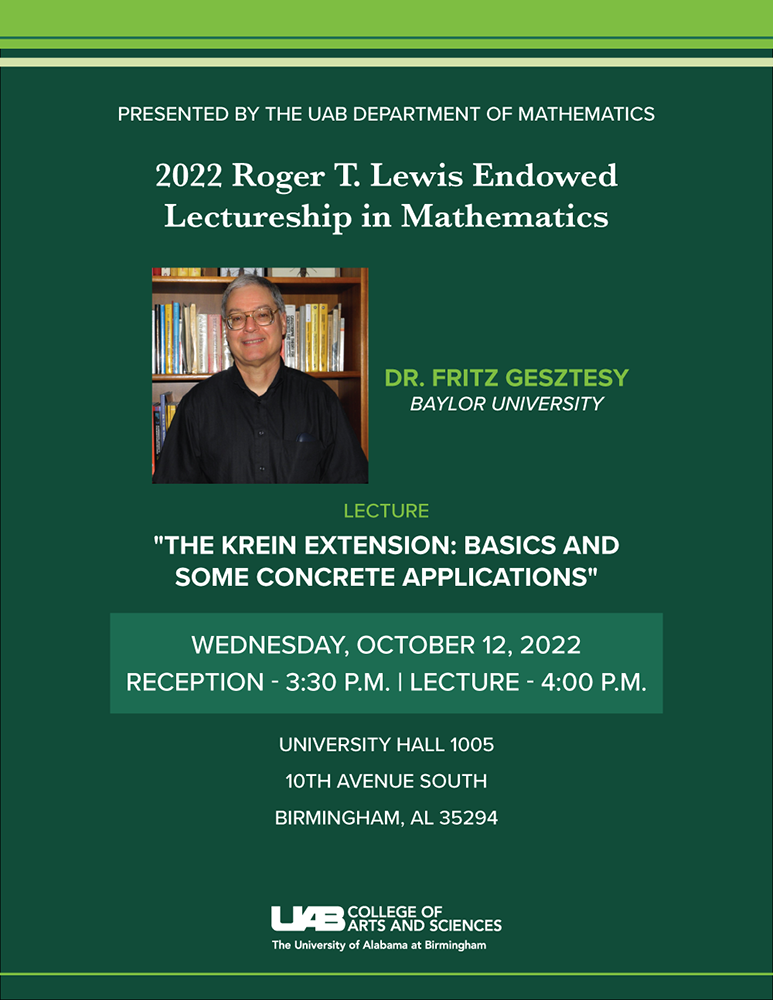
When
October 12, 2022 | Reception: 3:30 p.m. | Lecture: 4:00 p.m.
Where
University Hall 1005
Speaker
Dr. Fritz Gesztesy, Baylor University
Description
2022 Roger T. Lewis Endowed Lectureship in Mathematics. Presented by the UAB Department of Mathematics.
Midrange crossing constants of certain graph classes
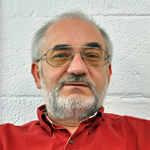
When
October 7, 2022 | 2:30 p.m. - 3:30 p.m.
Where
University Hall 4002
Speaker
Laszlo A. Szekely
Abstract
Southern Company Data Analytics & Optimization Coop/Intern Opportunities
When
September 16, 2022 | 2:30 PM. - 3:30 p.m.
Where
University Hall 4002
Speaker
Veronica Powell & Jeff Baker
Abstract
Southern Power, a subsidiary of Southern Company, is a leading U.S. wholesale energy provider meeting the electricity needs of municipalities, electric cooperatives, investor-owned utilities, and commercial and industrial customers. Southern Power and its subsidiaries own 54 solar, wind, natural gas generating facilities in 14 states with more than 12,500 megawatts of generating capacity. Veronica Powell, MS Applied Mathematics from UAB, and Jeff Baker, PhD in Applied Mathematics from UAB and will discuss coop/intern opportunities at Southern Company and data analytics and asset optimization in Commercial Optimization and Trading at Southern Power.
Evolution Flow and Ground States for Schrodinger Type Equation and Sytems
 When
When
April 27, 2022 | 11:00 a.m. - 12:00 p.m.
Where
University Hall 4004
Speaker
Vladimir Georgiev
Abstract
The talk starts with an introduction to some basic models of Schrodinger type equations and their fractional generalizations. As an example the half - wave equation with nonlinear terms is considered.
We focus our study on the case of nonlinear half - wave equation. The results we present can be divided in the following main topics:
- existence, asymptotic properties of ground states and their linear stability/instability;
- existence or explosion phenomena of the evolution flow with large data below/above the ground state barrier for the corresponding Cauchy problem for the half – wave equation;
- blow - up for mass-critical half - wave equation.
Deep Learning of Conjugate Mappings
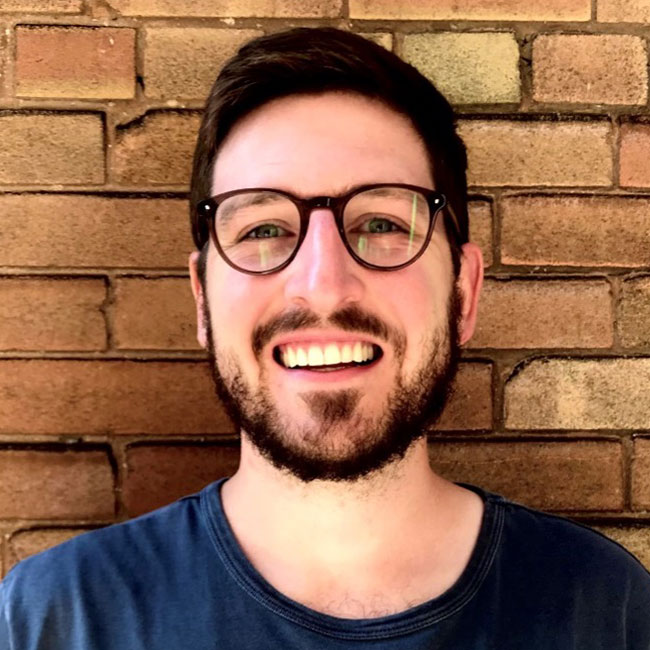 When
When
April 15, 2022 | 3:00 - 4:00 p.m.
Where
University Hall 1005
Speaker
Jason Bramburger
Abstract
Despite many of the most common chaotic dynamical systems being continuous in time, it is through discrete time mappings that much of the understanding of chaos is formed. Henri Poincaré first made this connection by tracking consecutive iterations of the continuous flow with a lower-dimensional, transverse subspace. The mapping that iterates the dynamics through consecutive intersections of the flow with the subspace is now referred to as a Poincaré map, and it is the primary method available for interpreting and classifying chaotic dynamics. Unfortunately, in all but the simplest systems, an explicit form for such a mapping remains outstanding.
In this talk I present a method of discovering explicit Poincaré mappings using deep learning to construct an invertible coordinate transformation into a conjugate representation where the dynamics are governed by a relatively simple chaotic mapping. The invertible change of variable is based on an autoencoder, which allows for dimensionality reduction, and has the advantage of classifying chaotic systems using the equivalence relation of topological conjugacies. We illustrate with low-dimensional systems such as the Rössler and Lorenz systems, while also demonstrating the utility of the method on the infinite-dimensional Kuramoto-Sivashinsky equation.
